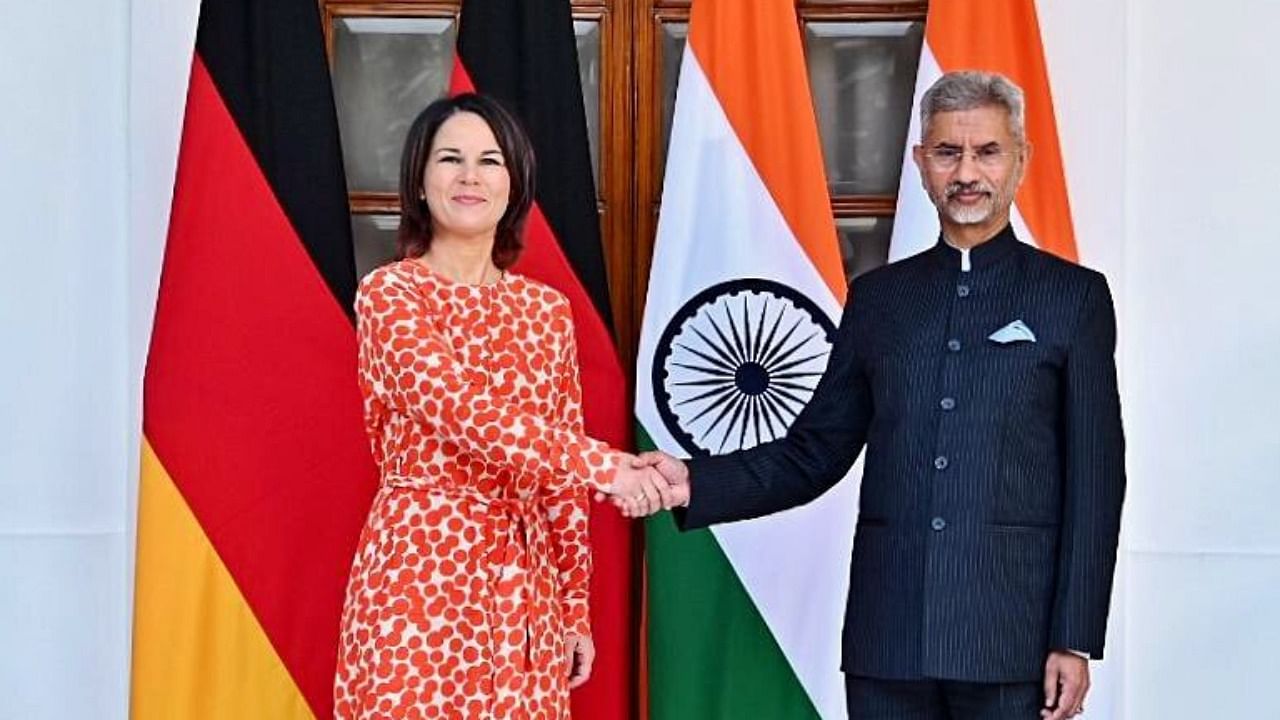
India and Germany on Monday inked an agreement on a Comprehensive Migration and Mobility Partnership, which will help the citizens of both the nations to study, do research and work in each other's country.
“This will be a very strong signal for not just a greater flow of talent and skills between our two societies, but I think also as a basis for a more contemporary partnership,” External Affairs Minister S Jaishankar said after he and German Foreign Minister, Annalena Baerbock, signed the agreement after a meeting in New Delhi.
“We want highly skilled workers and young people to come to Germany, we want to make it easier for them to study here, to work here or to start a training program,” said Baerbock.
The German Skilled Immigration Act 2020 has expanded the opportunities for workers from the countries outside. Through a new law to be adopted in early 2023, the German Government proposes to significantly facilitate the immigration of qualified workers from abroad.
The India-Germany MMPA (Migration and Mobility Partnership Agreement) is part of overall efforts to create a network of agreements with prospective labour market destination countries with twin objectives of creating of favourable visa regime for Indians towards accessing the labour market of these countries, the Ministry of External Affairs (MEA) stated in a press-release issued in New Delhi.
The agreement is testimony to India’s rapidly expanding multi-faceted strategic partnership with Germany, a spokesperson of the MEA stated.
Jaishankar had a meeting with Baerbock in New Delhi.
“One issue which also came up were the visa challenges and we hope that some of these are addressed in the coming months, so that the backlog can be cleared and I have every confidence that there will be that effort made by our partner,” the external affairs minister told journalist after a meeting with the foreign minister of Germany.
In concrete terms, we also want to cut red tape, for example, by reducing waiting times for such visa applications, because foreign policy not only means that foreign ministers meet, it also means that there are many, many people can have contacts with the other country, can live together,” said the German Foreign Minister.
“With a view to this exchange in India I know that many Indians have to wait for a long time when they ask for a visa at our embassy. So one of our big tasks is to reduce the waiting times for such applications.”
